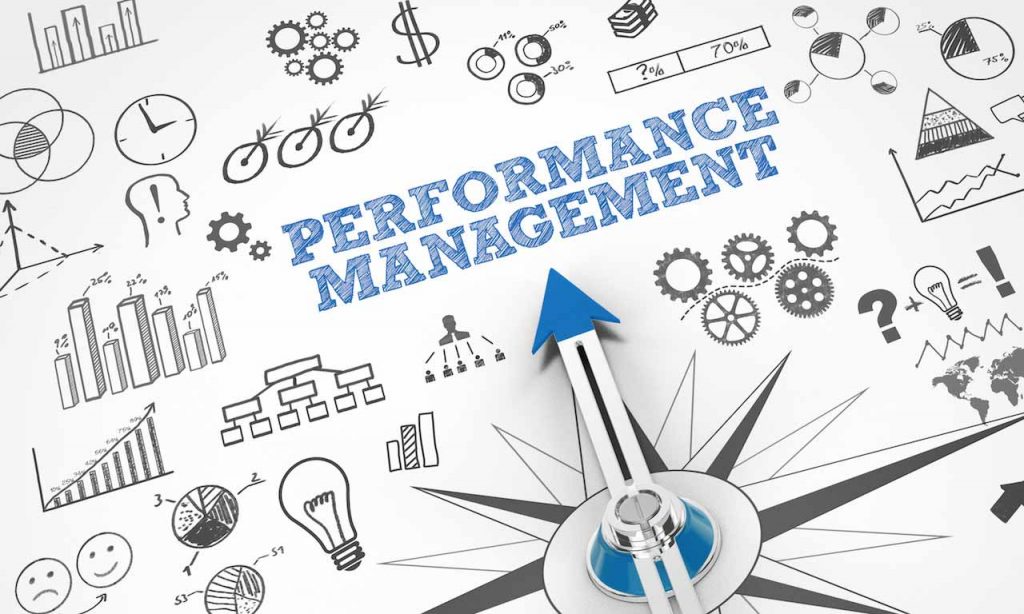Performance Management and Goal Setting for Remote Teams
Performance management and goal setting for remote teams have become increasingly important in the post-pandemic world. With many companies adopting hybrid or fully remote work models, it is essential to have effective
strategies in place to manage and measure employee performance. This is important for HR professionals to know integrate into the corporate system.
I would like to highlight some actionable points for effective performance management and goal setting for remote teams.
- Establish Clear Goals and Expectation – Setting clear goals and expectations is critical to effective performance management. Employees need to know what is expected of them and how their performance will be evaluated. Managers should communicate performance expectations to their team members and ensure that they understand what is expected of them. Goals should be specific, measurable, achievable, relevant, and time-bound (SMART). This approach helps employees to understand how their individual work contributes to the overall goals of the organisation.
- Using Performance Metrics to Track Progress – remote teams may face unique challenges in meeting performance metrics. It is essential to establish key performance indicators (KPIs) and track them regularly. Managers should use a variety of tools to monitor employee performance, such as time tracking software, project management software, and performance review software. Regular performance evaluations help managers to identify areas where employees aren excelling and where they need to improve.
- Providing Regular Feedback – feedback is crucial to effective performance management. Managers should provide regular feedback to their remote team members to help them stay on track and improve their performance. Managers can use tools such as video conferencing, instant messaging, and email to communicate with their remote employees. Managers should be specific when providing feedback, providing clear examples of what employees are doing well and what they need to improve. It is also essential to recognise and reward good performance.
- Encouragng Communication and Collaboration – remote teams may face challenges in communicating and collaborating effectively. Managers should encourage regular communication and collaboration among their team members. Managers should also establish regular team meetings to discuss progress and resolve any issues that arise. Regular communication and collaboration help to ensure that remote team members feel connected and engaged with their work.
- Offer Professional Development Opportunities– professional development opportunities are essential to keep remote team members motivated and engaged. Managers should offer opportunities for their employees to learn new skills and develop their expertise. This can be achieved through online training courses, conferences, and workshops. Offering professional development opportunities shows employees that the organization is invested in their career development and can help to improve their performance.
To conclude, effective performance management and goal setting for remote teams require a clear understanding of the goals and expectations of the organisation.
By following these actionable points, managers can help their remote team members to stay motivated, engaged, and productive.
Enjoy the rest of your week


